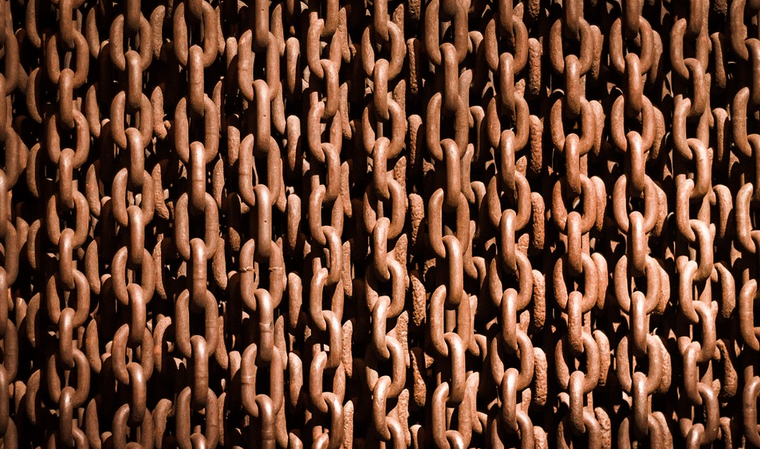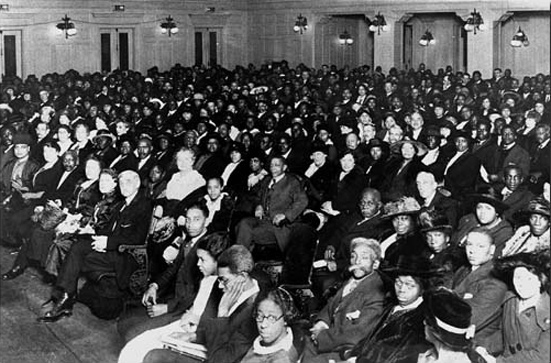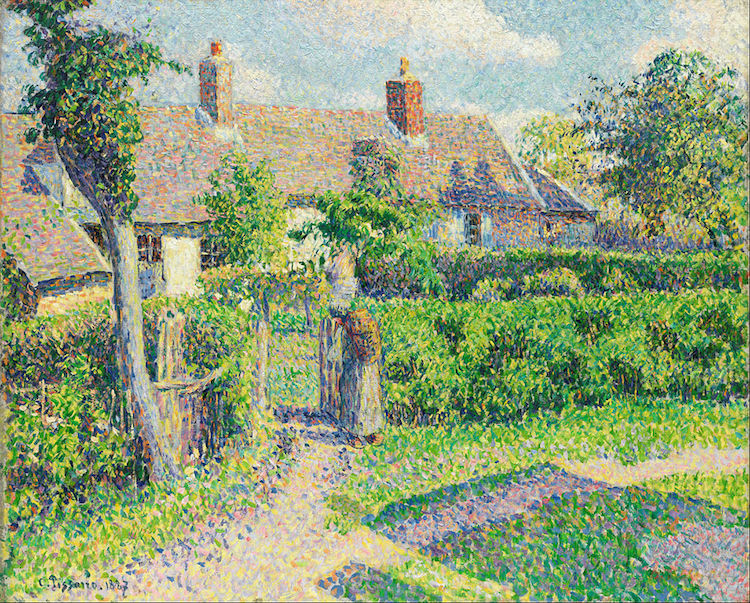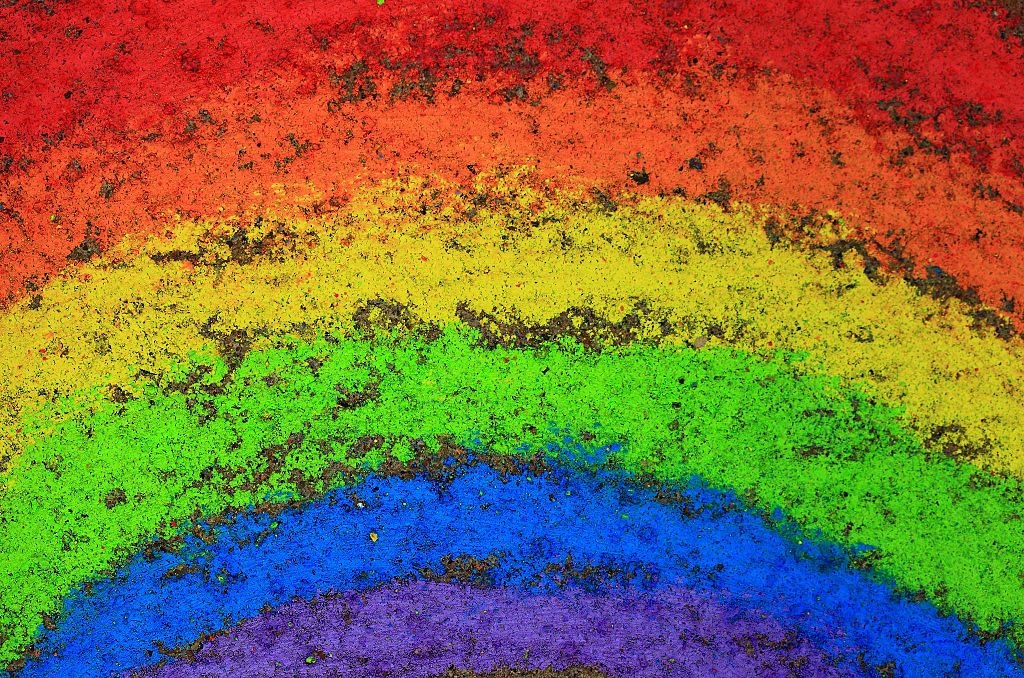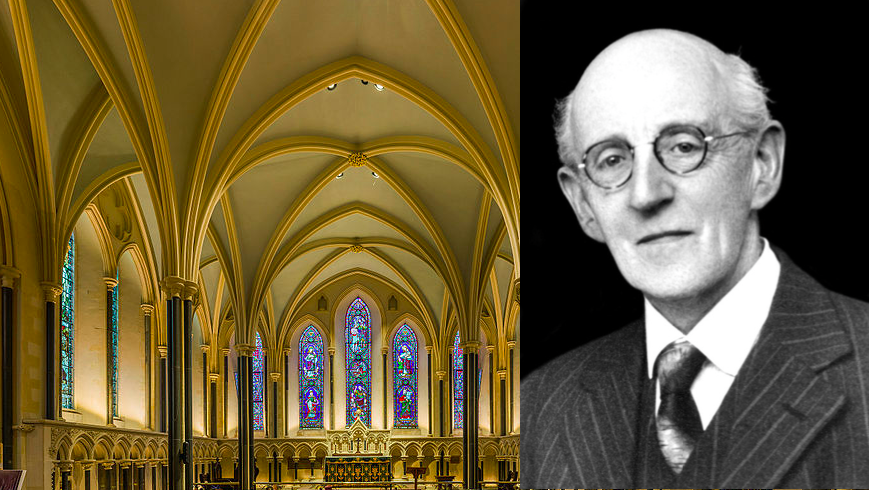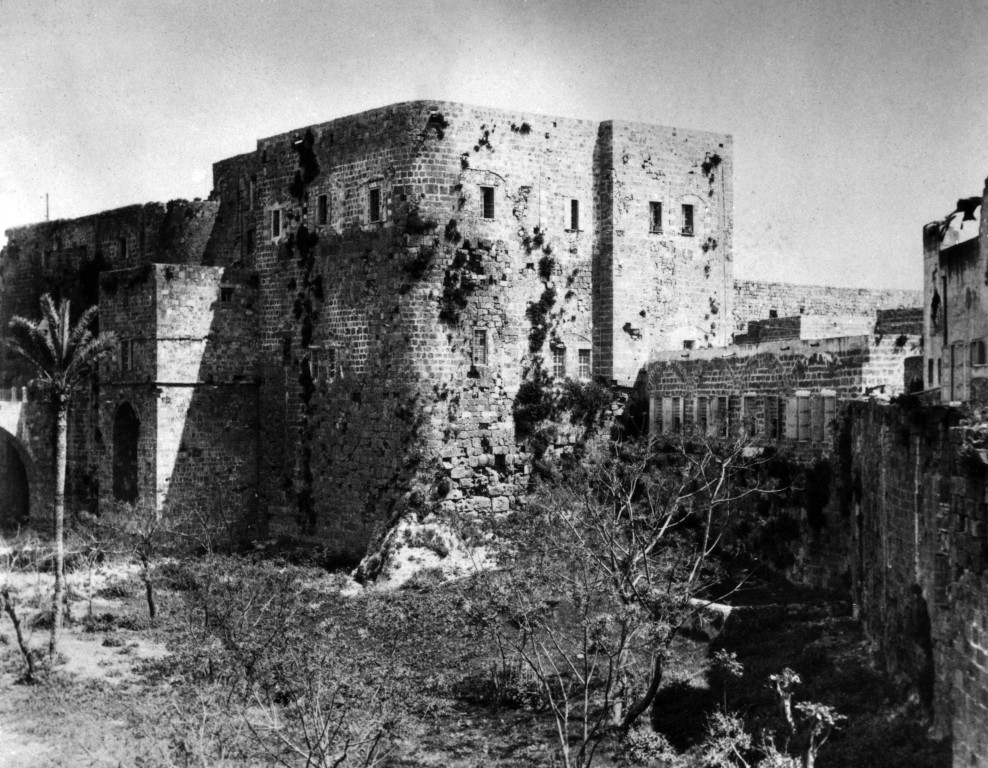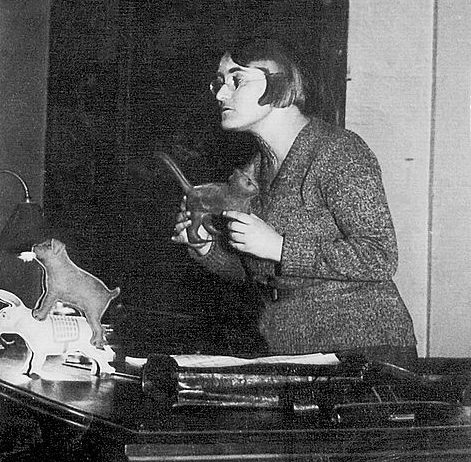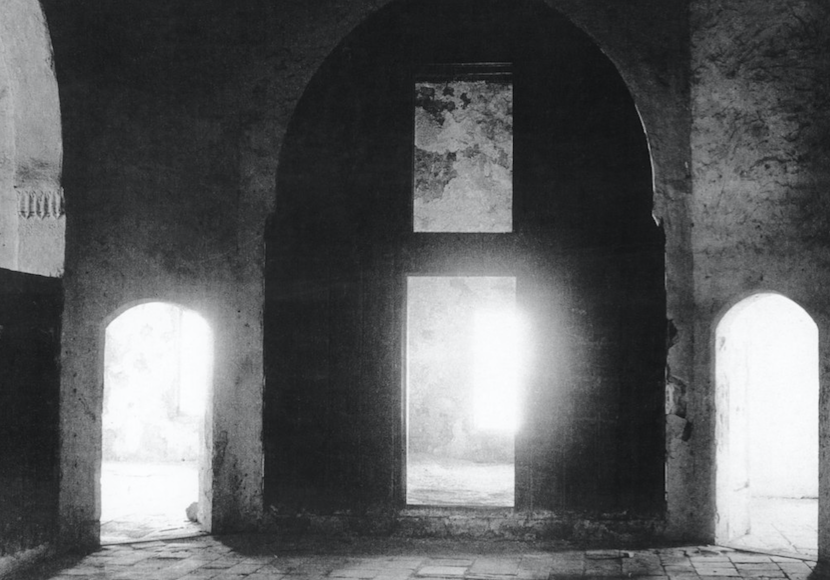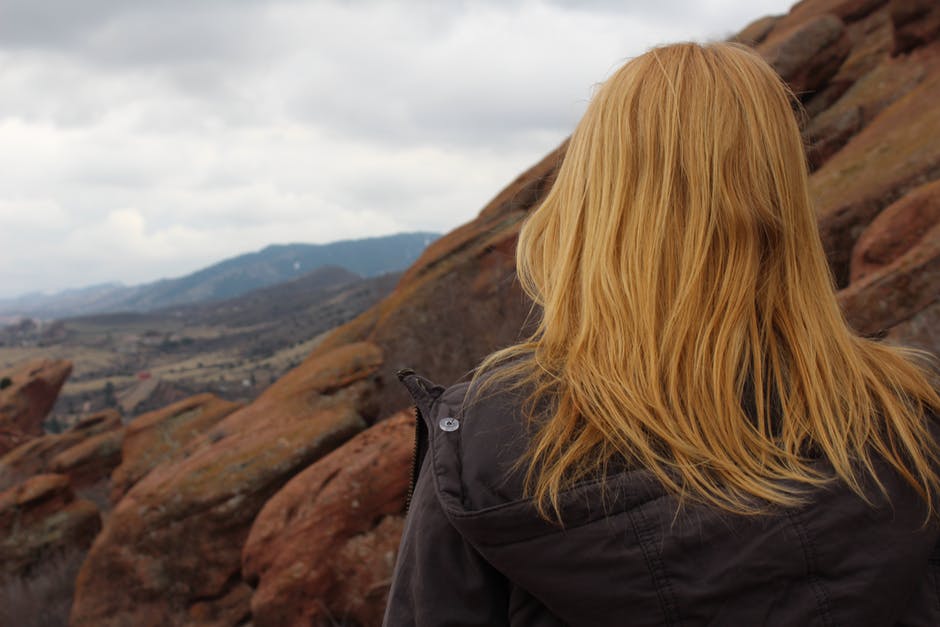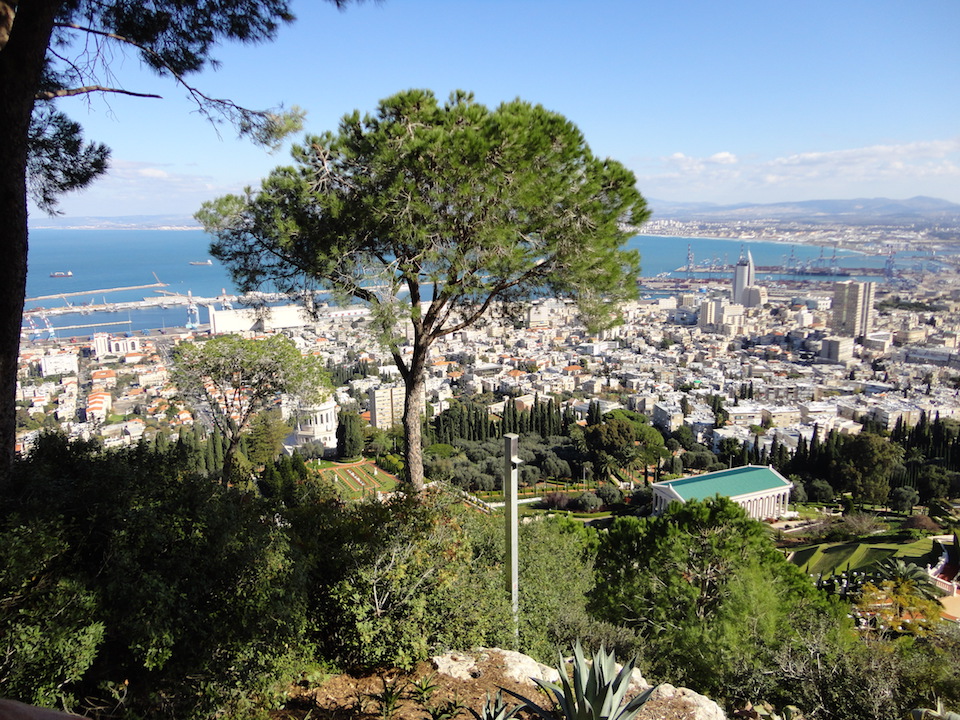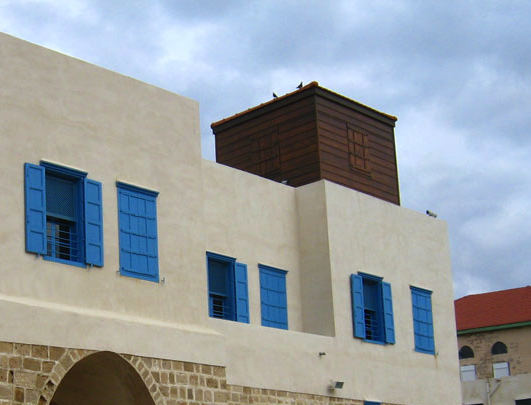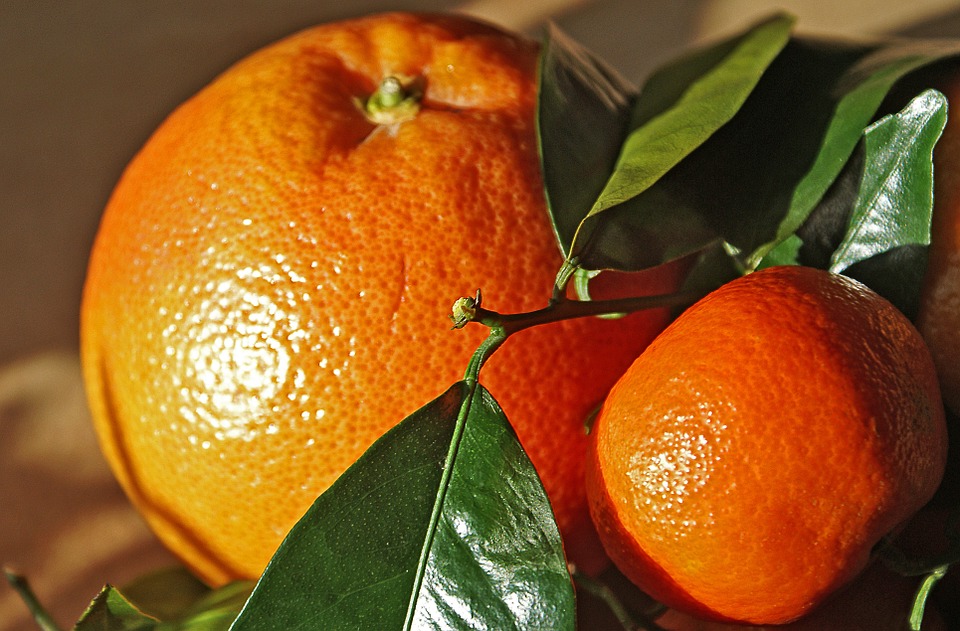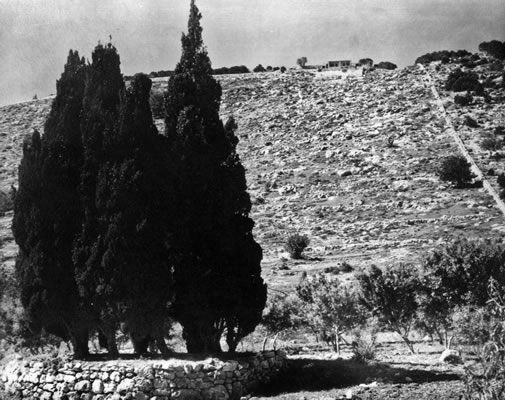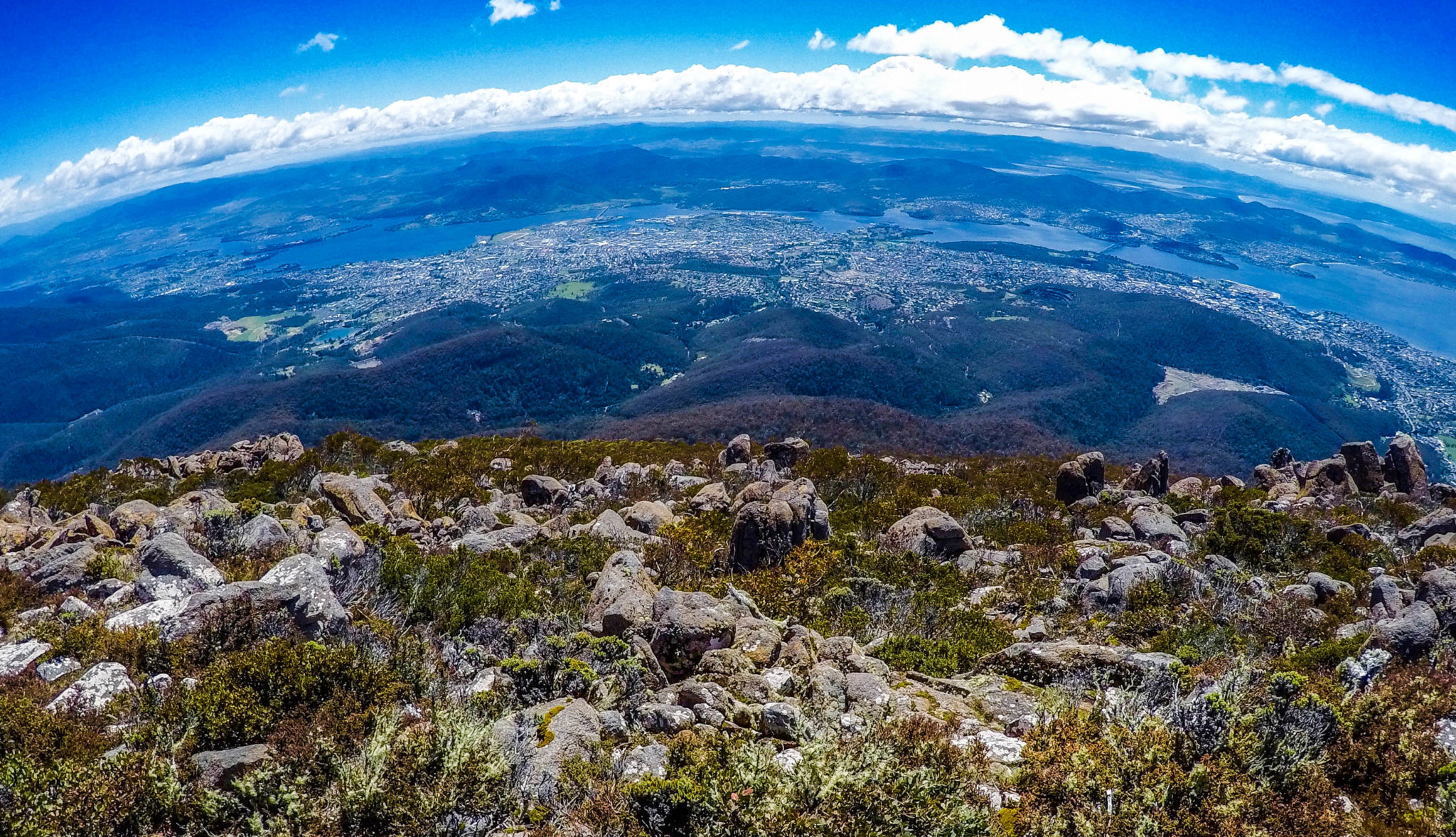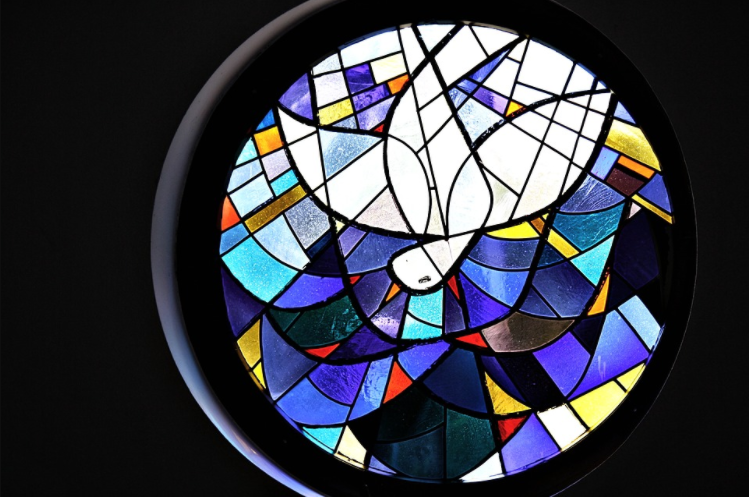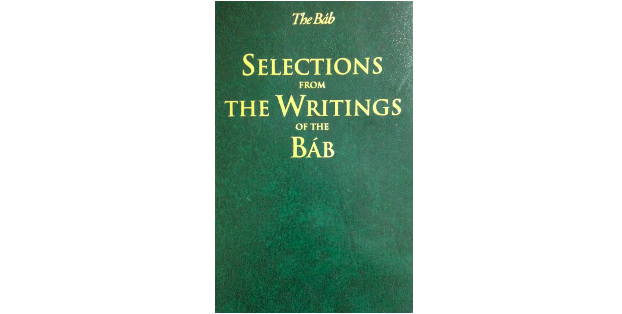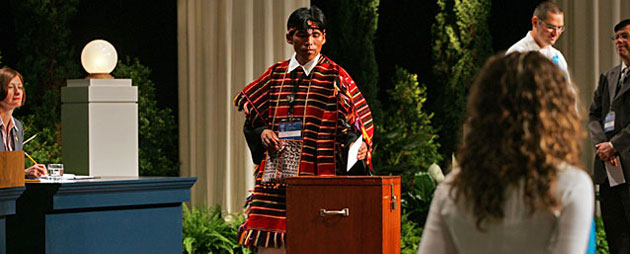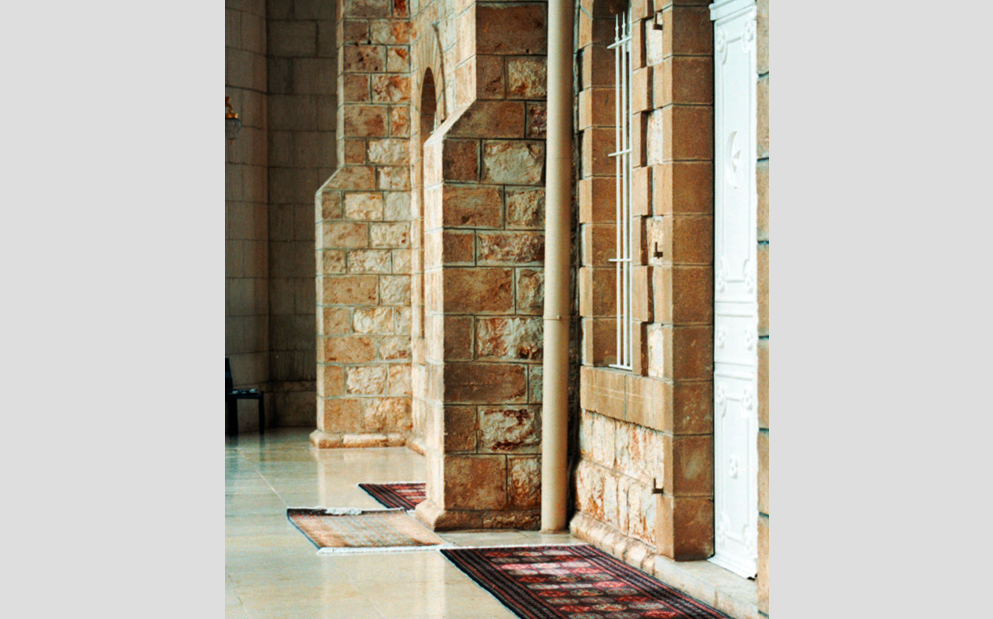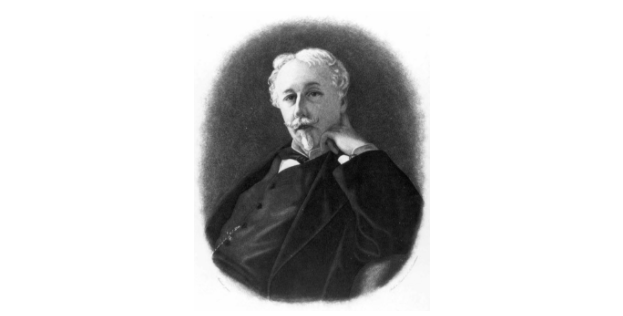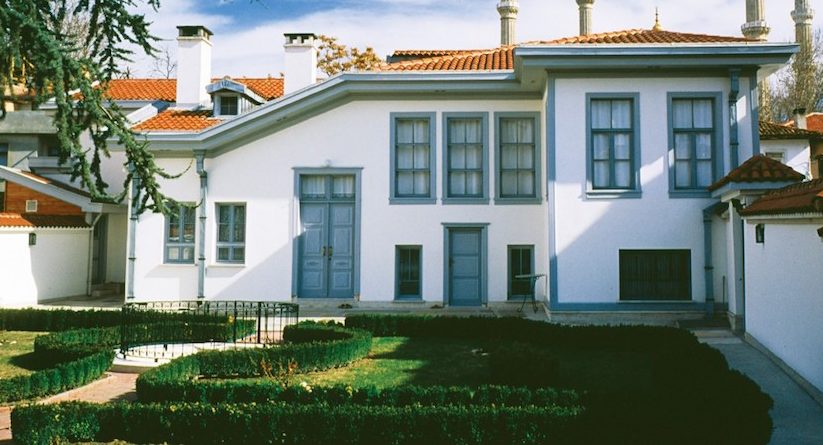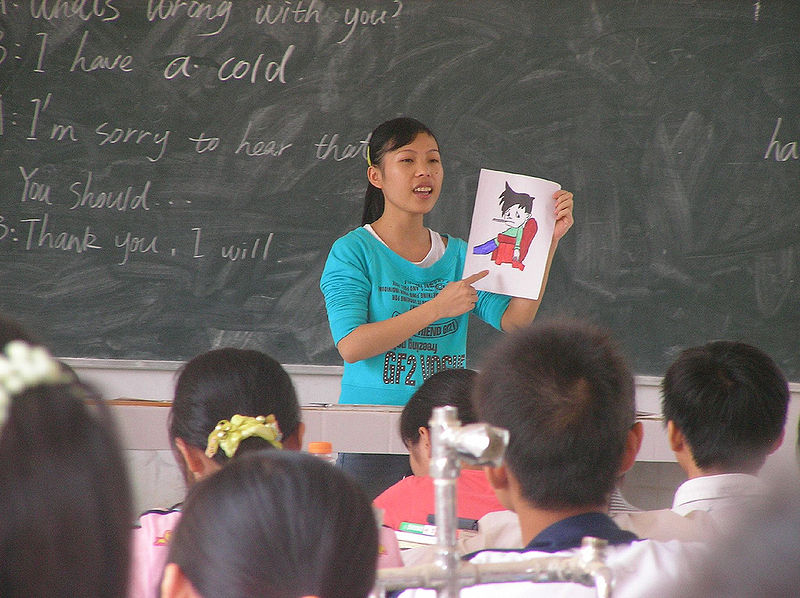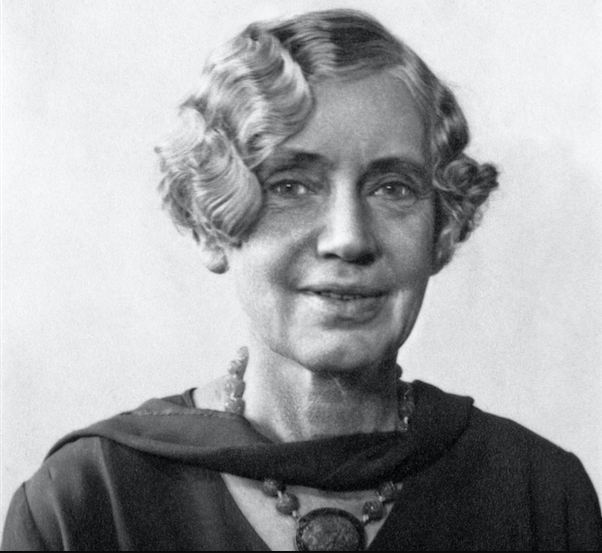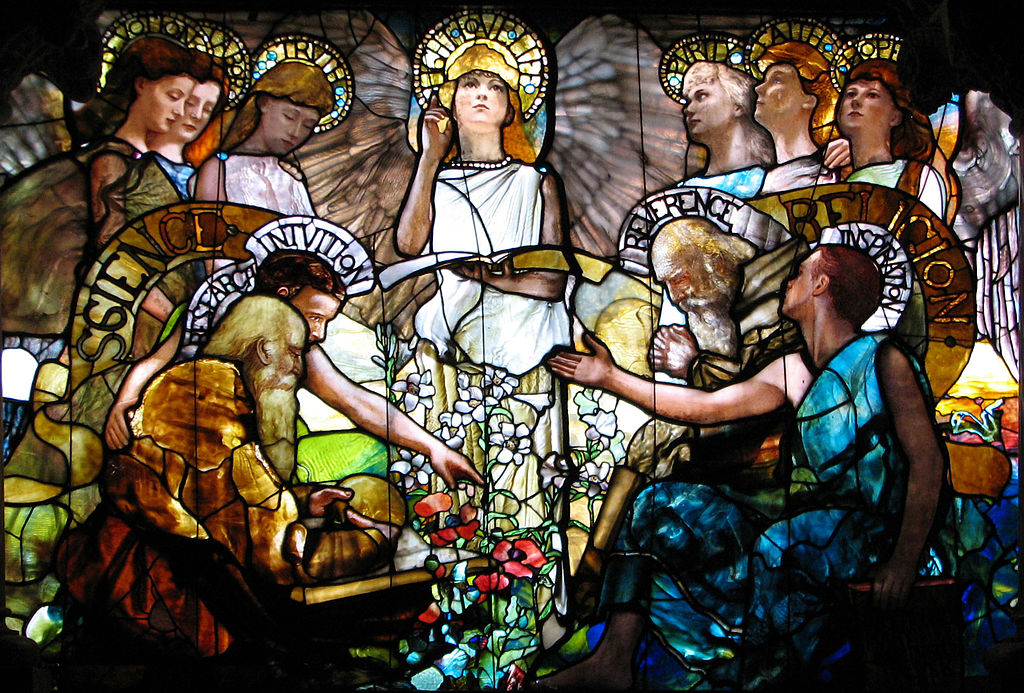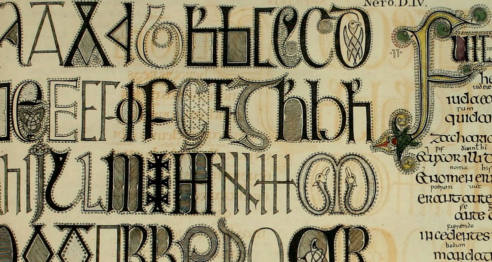Specific Teachings
-
Words of Love
I loved thy creation, hence I created thee. Wherefore, do thou love Me, that I may name thy name and fill thy soul with the spirit of life.[1] Armed with the power of Thy name nothing can ever hurt me, and with Thy love in my heart all the world’s afflictions can in no wise alarm me.[2] Commit not that which defileth the limpid stream of love or destroyeth the sweet fragrance of friendship. By the righteousness of the Lord! Ye were created to show love one to another and not perversity and rancor. Take pride not in love for yourselves but in love for your fellow-creatures.[3] Set ye aside My love, and commit what…
-
Work is Worship
Among Bahá’u’lláh’s Glad Tidings is one directed to what we spend most of our waking time doing: working. Often, in the past “sacred” has been taken to imply set apart. A special caste was concerned with the administration of the sacred. The ordinary day to day activities of life were not sacred. Bahá’u’lláh overturns this separation. Work is worship. It is enjoined upon every one of you to engage in some form of occupation, such as crafts, trades and the like. We have graciously exalted your engagement in such work to the rank of worship unto God, the True One. … Waste not your time in idleness and sloth. Occupy yourselves with that which profiteth yourselves and…
-
Adam and the Rainbow Serpent
In ancient biblical lore Adam is the first human and the creation story of Adam and Eve is well-known. Adam and Eve are cast as responsible for the “fall of man” through their disobedience in eating from tree of good and evil. This story is regarded as a metaphorical rather than literal in the Baha’i teachings.[1] In the Qur’an, Adam and Eve also appear, but the story is told differently. In Islam, Adam is regarded as the first prophet, not just the first man. Adam’s disobedience, as it is told in the Qur’an, however, does not condemn humanity. There is no doctrine of original sin. God forgives Adam. As an aside,…
-
Into the Prison City: Suffering of the Prophets
Yesterday we read Bahá’u’lláh’s good news. Yet Bahá’u’lláh’s own life was full of suffering. “O the misery of men! No Messenger cometh unto them but they laugh Him to scorn.” …“Each nation hath plotted darkly against their Messenger to lay violent hold on Him, and disputed with vain words to invalidate the truth.”[1] Bahá’u’lláh was exiled from place to place at the whim of absolute rulers who held his life and that of his loved ones in their hands. I have been, most of the days of My life, even as a slave, sitting under a sword hanging on a thread, knowing not whether it would fall soon or late upon him.…
-
Oneness of Humanity: A Sense of Community and a Glass of Water — the Baha’i Feast
In Bahá’u’lláh’s teachings, the oneness of humanity is nurtured through an interconnected network of concepts that address human unity at many levels. Among those concepts is the simple action of gathering together. The concept is found in the call of followers of different religions to associate together in friendship. It is also found in the Baha’i Feast. … it is enjoined upon you to offer a feast, once in every month, though only water be served; for God hath purposed to bind hearts together, albeit through both earthly and heavenly means.[1] This concept has been elaborated over time to form the Baha’i institution known as the Nineteen Day Feast, held…
-
All Things Made New: Humanity’s Coming of Age
Who can doubt that we live in a new age? Our times are profoundly different to the past. So different as to be entirely unprecedented. We live, indeed, at the threshhold of humanity’s coming of age. The inadequate terminologies that capture the “newness” of our times include terms such as the industrial age, the information age, the Anthropocene and modernity. Societies which had undergone relatively little change in centuries or millennia have been entirely reshaped. Relations between the genders have broken out of a strict hierarchy that stretches back to the beginning of agriculture. Relations between government and citizen, likewise, have been entirely reshaped compared to the past. Human equality…
-
Justice and Fairness to All of Creation
Most of the articles so far in this series have been focussed implicitly or explicitly on human concerns and human relationships. However, Bahá’u’lláh’s writings also draw attention to the relationship human beings have with the natural world of which we are a part. For example, Bahá’u’lláh draws attention to the obligations that human beings have to animals. … show kindness to animals….[1] Burden not an animal with more than it can bear. We, truly, have prohibited such treatment through a most binding interdiction in the Book.[2] We may think of the concept of “burden” in a narrow sense of direct cruelty to animals; but that Bahá’u’lláh seems to intend more is suggested by the…
-
‘Abdu’l-Bahá and the Pivot of the Oneness of Humankind
In this series of articles, ‘Abdu’l-Bahá, Bahá’u’lláh’s eldest son, is already a familiar point of reference. We have seen ‘Abdu’l-Bahá in action in his journeys to the West, undertaken in the last decade of his life. During these journeys he promoted principles from his father’s teachings such as the oneness of humanity, the abolition of prejudice, the equality of men and women and the abolition of extremes of wealth and poverty. A description of ‘Abdu’l-Bahá during those journeys gives a sense of who he was: Tirelessly, He expounded the teachings in every social space: in homes and mission halls, churches and synagogues, parks and public squares, railway carriages and ocean liners,…
-
Bahá’u’lláh’s Abolition of Slavery
Bahá’u’lláh came to emancipate human beings from slavery. This statement is true in more senses than one. Bahá’u’lláh explicitly institutes an abolition of slavery in his teachings. It is forbidden you to trade in slaves, be they men or women. It is not for him who is himself a servant to buy another of God’s servants, and this hath been prohibited in His Holy Tablet…. Let no man exalt himself above another; all are but bondslaves before the Lord, and all exemplify the truth that there is none other God but Him.[1] He also freed slaves in practice. Bahá’u’lláh was the son of a noble family of Iran. In his early life, the…

